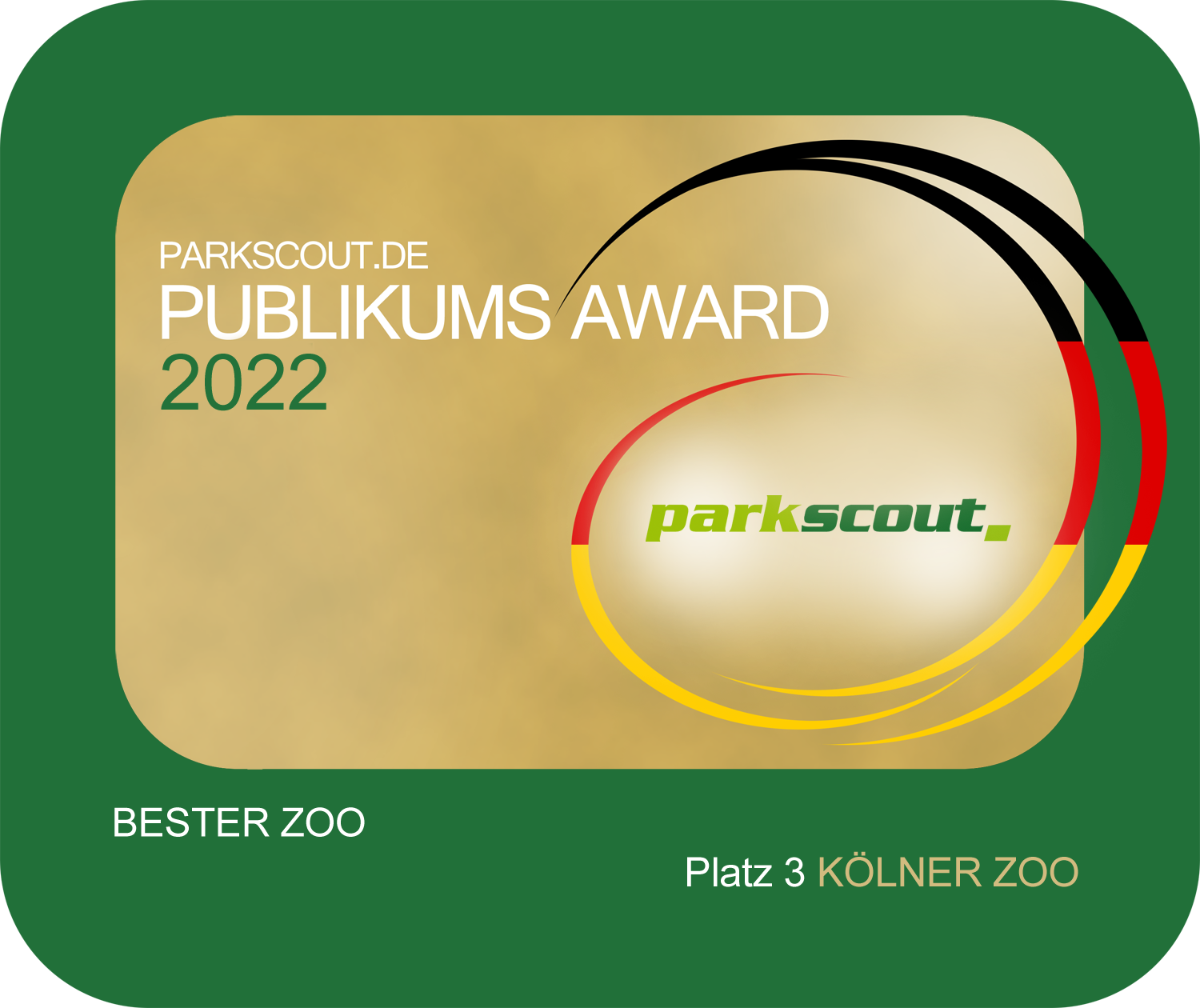Our animal world
Cologne Zoo: The perfect destination for large and small visitors in any weather.
12,000 animals, spacious grounds and parks, spectacular animal houses – and one of the largest elephant parks in Europe. Cologne Zoo has a lot to offer. Spend an unforgettable day with our unique wildlife.
ELEPHANT PARK
10 Asian elephants live in the Cologne Elephant Park. Our youngest resident was born in June 2023. It is the thirteenth offspring to be born here. The Cologne elephant herd lives in their natural family without direct contact with caretakers. The head matriarch is Kreeblamduan. Learn more about our pachyderm family.
OLIFANTENPARK
THE HIPPODOM
SIMPLY AMAZING
From hippos to Nile crocodiles: Immerse yourself in the impressive nature of a magical continent – and discover an African river landscape in the middle of Cologne at the Hippodom.
Hippos and Nile crocodiles
From a new perspective
You can experience hippos, Nile crocodiles, antelopes, various species of birds and other inhabitants of the African flood plains up close at the Hippodom. The spacious and accessible replica of an African river landscape is unique in Germany. Immerse yourself in the fascinating world of Africa at the Hippodom and experience the animals from different perspectives – underwater, a bird’s-eye view and even eye-to-eye. The experience will provide you with a unique insight into the normally hidden habitats of the animals in the wild.
The Hippodom
The Hippodom, completed in 2010, is the third large-scale project in Cologne Zoo, after the Elephant Park and the Rainforest House, which embraces our new adventure and wildlife-conservation concept.
The Clemenshof is a typical mountain farm inhabited by livestock such as chickens, pigs, cows and sheep.
The Clemenshof residents
We deliberately chose heritage breeds that are threatened with extinction. These breeds are not bred for high performance so they are often more robust. But they are no longer efficient for modern agriculture and are rarely bred now.
UP CLOSE AND PERSONAL
VISIT OUR
PETTING ZOO
During your visit to the farmhouse, you can explore where our food comes from and experience the animals up close in the Petting Zoo, open saturday and sunday from 1:30 pm to 5:30 pm.
ANIMALS ON THE CLEMENSHOF
THE AQUARIUM
DIVE INTO HIDDEN WORLDS
From the native course of the Rhine to the Indo-Pacific coral reef: Our aquarium shows the inhabitants of various mysterious water worlds. We present colourful paradise fish, anemones, corals, starfish, shells and crabs in about 70 aquariums arranged by geography.
Discover aquatic
variety
One of the large aquariums is our 20,000-litre Lake Tanganyika Basin. It shows the biodiversity in the East African Rift Valley. Another large aquarium houses coral fish in the midst of real corals, sea urchins and giant clams. The Cologne Aquarium also has coral catsharks, who have been bred successfully in our zoo. And the piranhas attract visitors during more than just their feeding times.
Amazingly colourful
The aquarium nursery has offspring from clown fish, who were made famous by the “Finding Nemo” movie.
SEA HORSES,
GIANT SALAMANDERS & MORE
Ancient-seeming lungfishes move about slowly while the giant salamander, which reaches a height of up to 1.8 m, appears like a fantastical creature. The Aquarium also has a lot to offer even on a small scale – whether it’s fascinating seahorses, the electric elephant fish or the archer fish with its bizarre technique for catching prey.
TERRARIUM & INSECTARIUM
A visit to our Terrarium or Insectarium is also exciting. You are guaranteed to be thrilled on this adventure tour by our praying mantises, tarantulas and much more.
SPECIES VARIETY
Go on a grand expedition – and discover a variety of exotic amphibians and reptiles in around 60 terrariums.
Unique worldwide
One special attraction is a visit to the recently discovered quince monitor. You will also find land and sea turtles. A plethora of different species of lizards, amphibians and snakes also meander through the elaborate and species-appropriate terrarium landscapes. Or visit our Philippine crocodiles – which are one of the most threatened crocodile species in the world.
Experience nature conservation
Visit the information area to learn about our conservation project in Vietnam as well. You can see some newly discovered amphibian and reptile species up close there. We are also breeding rare frog and salamander species in a specially designed amphibian breeding area.
TAKE A CLOSER LOOK
“FROGS & FRIENDS“-
EXHIBITION
Visit the exhibition at Cologne Zoo and find out why frogs are so endangered. The web documentary Frogs-Friends will also leave an exciting impression on you.
TERRARIUM ANIMALS
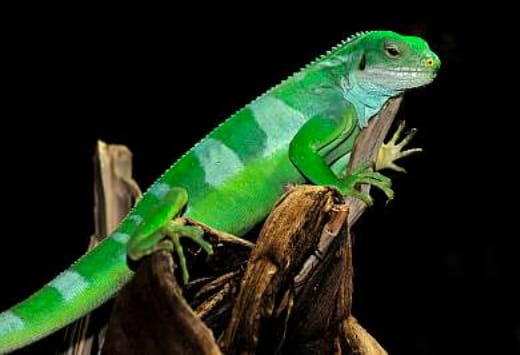
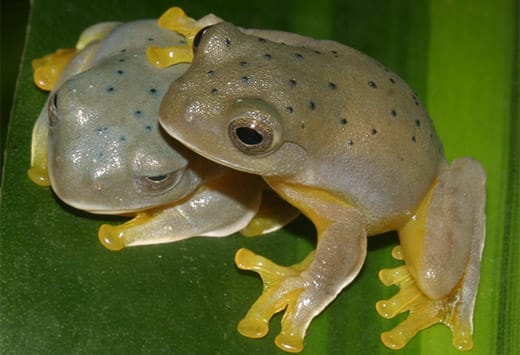
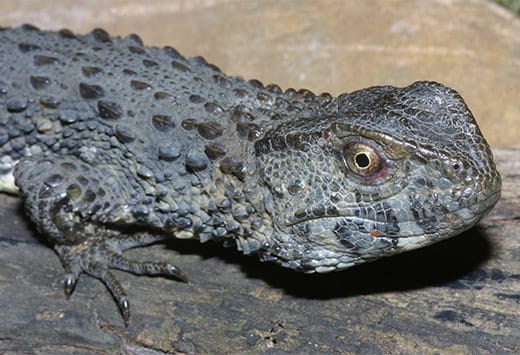
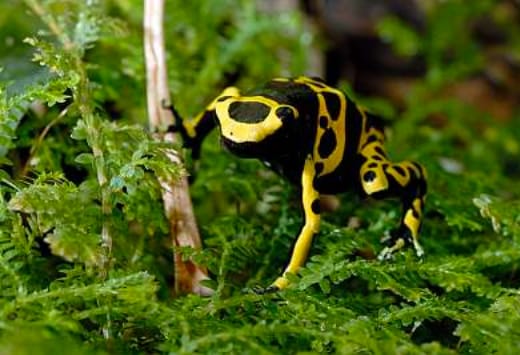
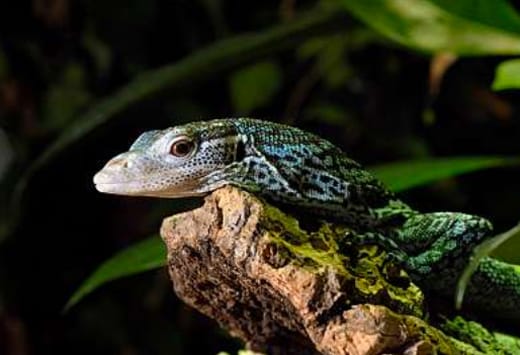
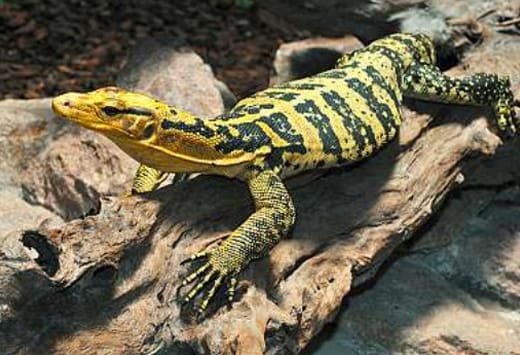
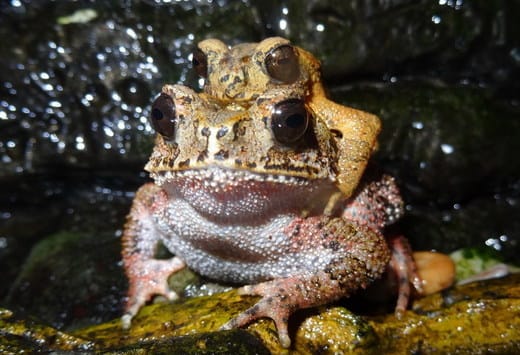
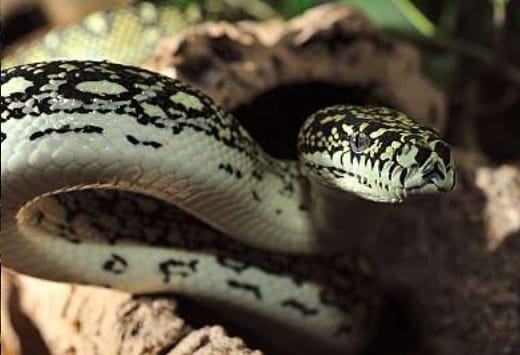
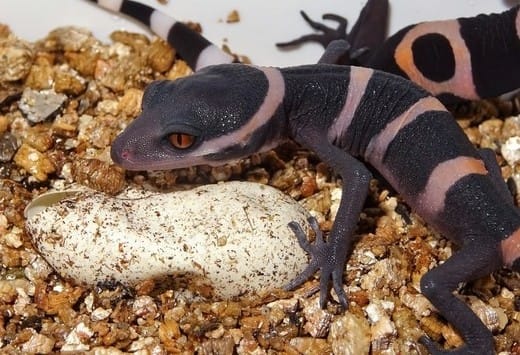
NAUW VERWANTSCHAP
Whether you want to see gorillas, orangutans or bonobos: Embark on an exciting journey
into the world of great apes – and watch the turbulent life of our lady
gorilla Kissa and her cub Kiano or our female orangutan Cori.
Plenty of room to romp
Nine large and small monkey species have found their home in our Jungle House since its opening in 1985. Many of them are threatened with extinction in the wild. But they can romp around in their natural family groups through the extensive enclosures in the Jungle House. Our closest relatives stay entertained with their feed boxes and live together as a community of different types of primates. Glass-panelled corridors give the animals the opportunity to use the large outdoor facilities. And the exotic tree and plant landscaping provides a tropical jungle atmosphere.
JUNGLE HOUSE ANIMALS
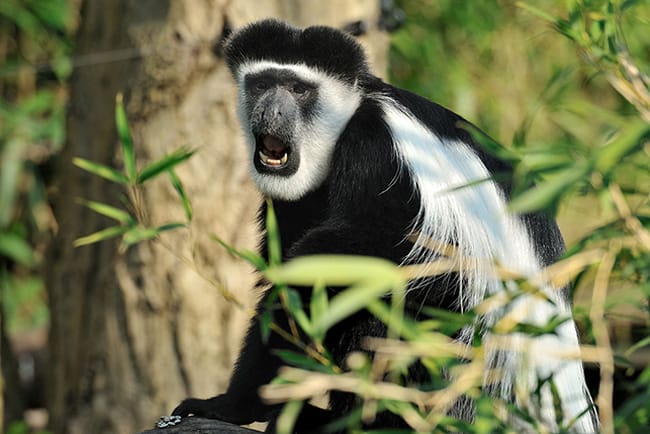
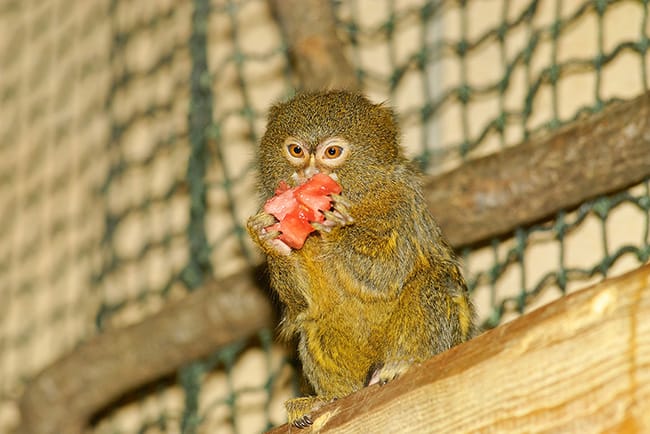
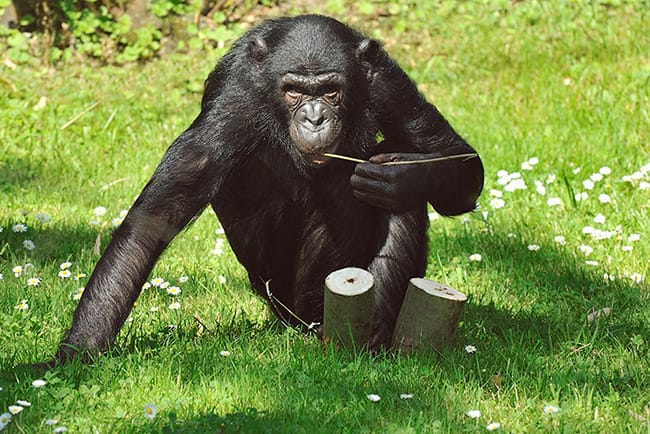
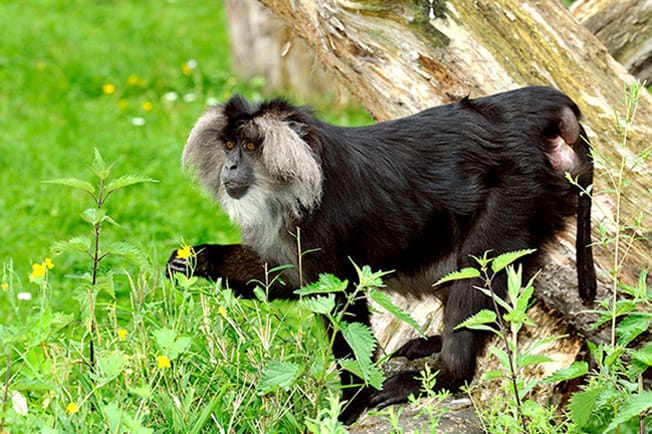
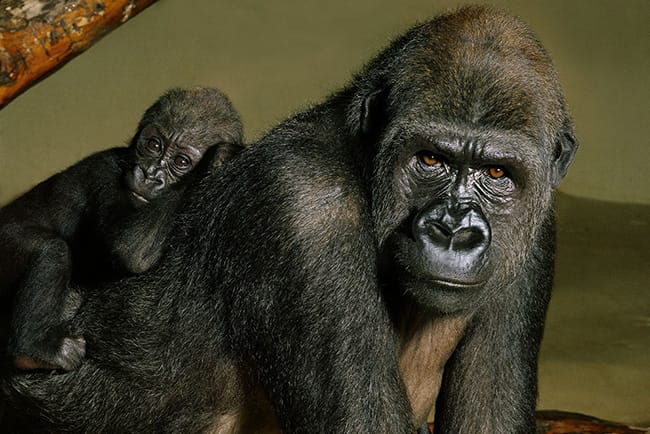
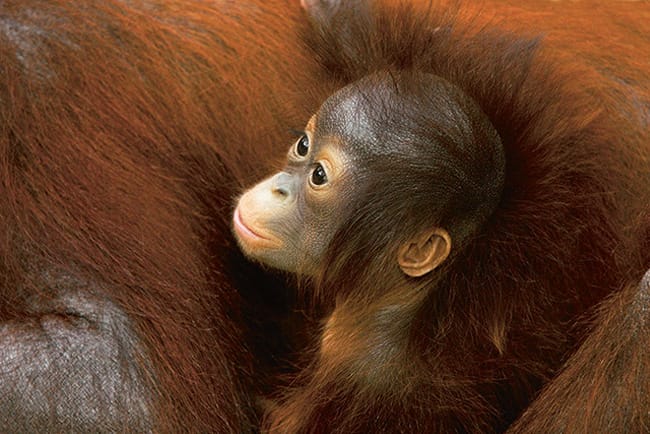
WELCOME TO
THE MADAGASCAR HOUSE
Everything is also arranged perfectly for primates in the historical Madagascar House, home for smaller types of monkeys. By the way: The Cologne Zoo is the only zoo in Europe where you can admire the graceful douc.
THE RAINFOREST HOUSE
PARADISE IN THE RAINFOREST HOUSE
Birds of paradise, rare lizards or bizarre flying foxes: start your very own safari tour in the Rainforest House of Cologne Zoo.
Amazing biodiversity
The residents live on real piece of Southeast Asian rainforest on 2,000 square metres, with numerous animals and a wealth of tropical plants.
Nature conservation
We also provide information for visitors about the Southeast Asian turtle in our turtle hut. And we explain the endangerment of songbirds using the balistar as an example.
Jumping, hoping and shoving are high on the agenda with
these belligerent baboons. There is always a lot of drama, especially at feeding times.
But the highest-ranking males always ensure peace and order.
Baboons and moats
The Baboon Rocks are one of the historic structures at Cologne Zoo. The moat creates a natural barrier that separates the primates from the visitors. It provides nearly 50 sacred baboons an undisturbed but lively coexistence in their enclosure. This type of primate enclosure was pioneered by Carl Hagenbeck who produced the first cage-free enclosure for the first time in 1914 at his Hamburg Zoo.
THINGS ARE HAPPENING HERE
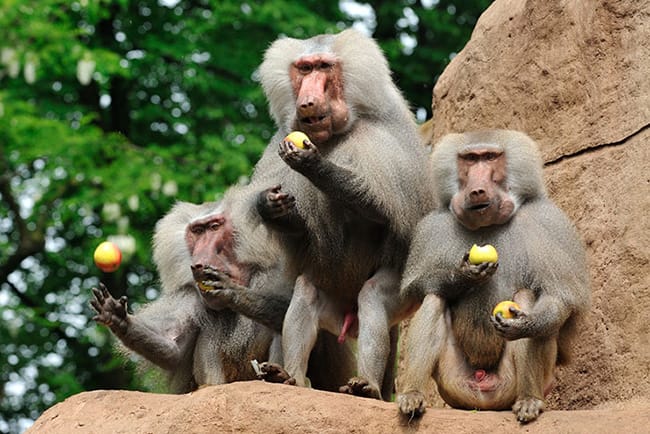
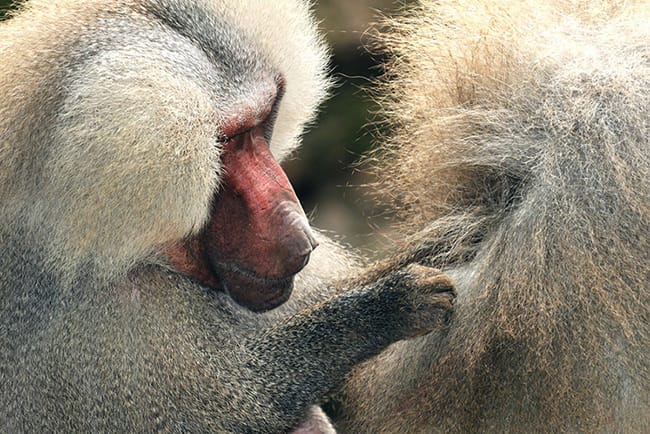
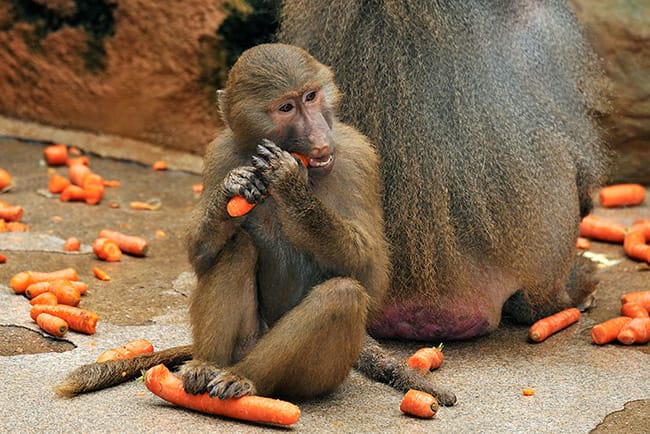
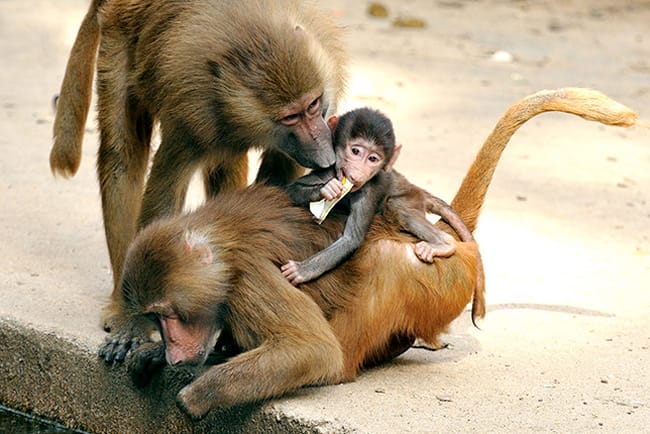
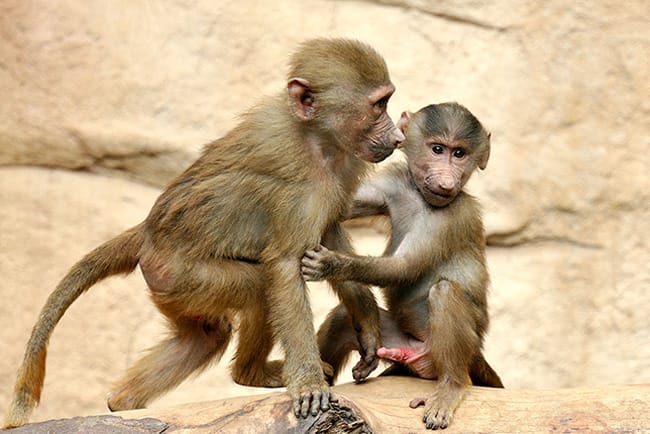
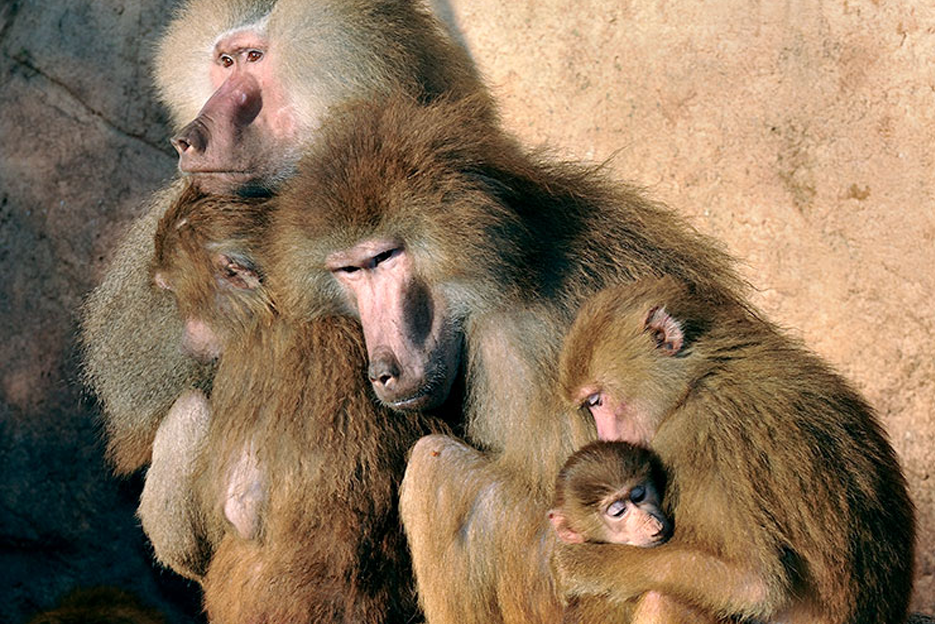
THE MADAGASCAR HOUSE
UNIQUE DIVERSITY
Discover the world of lemurs and many other inhabitants of Madagascar.
The ghosts of
Madagascar
Madagascar split off from Africa about 170 million years ago. The isolated development of the island has created unique flora and fauna. Many species are endemic, meaning they occur exclusively in Madagascar. This is true of all Madagascar mammals and butterflies. Several species have become so specialised that they occur only in limited areas. This makes the impact of the destruction of their habitats all the more dramatic. Species die out in many cases before they are even discovered..
Fascinating
Lemurs have long been feared by the locals for being “ghosts” because of their appearance, their sometimes nocturnal way of life and their pervasive shouts.
SOORTRIJK
A great passion for football and a warm-blooded temperament: Cologne and South America have so much in common. Latin American flair is also at home at Cologne Zoo – thanks to the exotic wildlife and the lovingly designed hacienda bar done in the style of a Brazilian country estate.
Simply exotic
The giant anteater can be found in the South America area of the zoo. The impressive animals with their distinctive snout can grow over two metres long. The neighbouring area is shared by Tapirs and capybaras. The playful tapirs with their characteristic trunk push colourful balls around their enclosure. The capybaras also like to bathe in the moat. If you are in the mood for a little fiesta after seeing so many exotic animals, you can recharge your batteries at the “La Dante del Oro” restaurant. It was redesigned in 2012 in the style of a South American hacienda. Spicy chilli con carne and hearty nachos taste twice as good while watching the anteaters, tapirs and others!
SOUTH AMERICAN ANIMALS
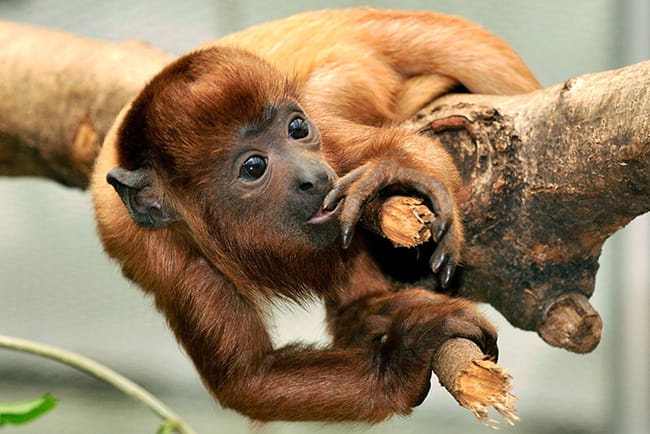
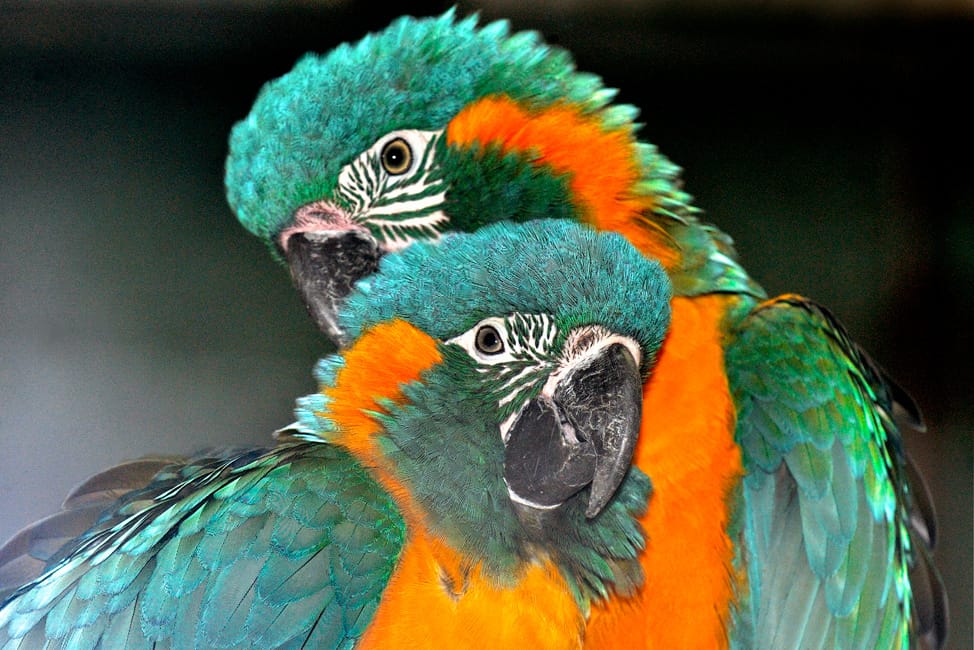
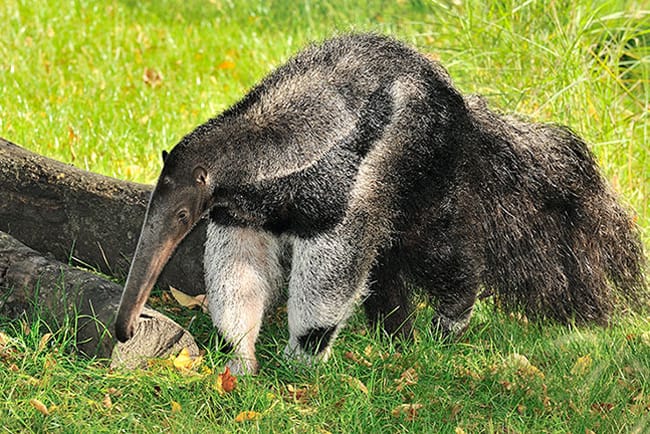
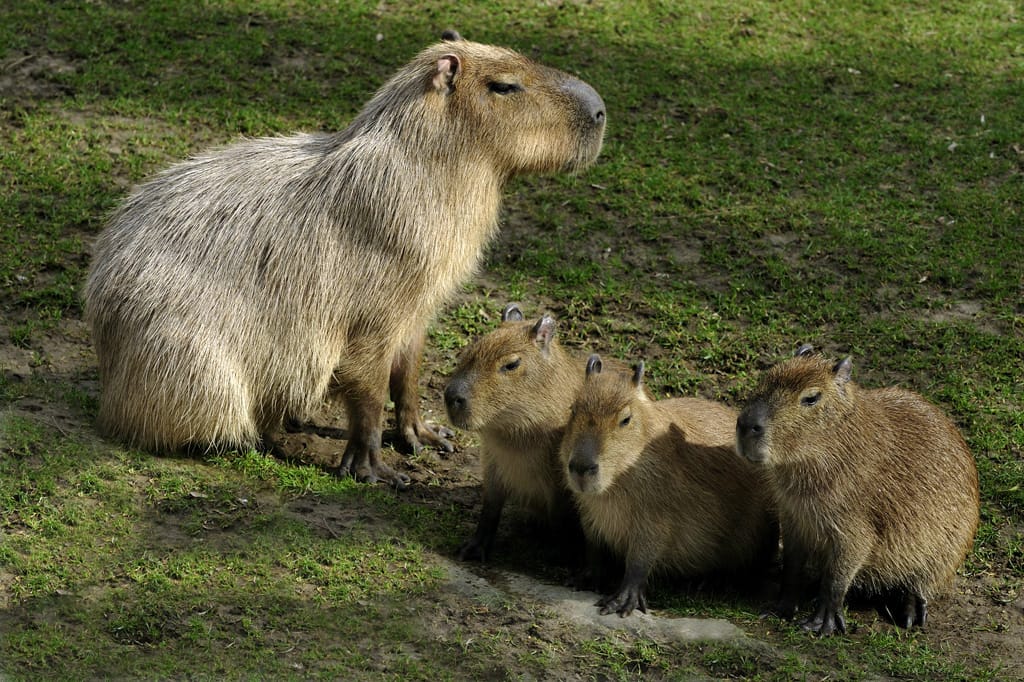
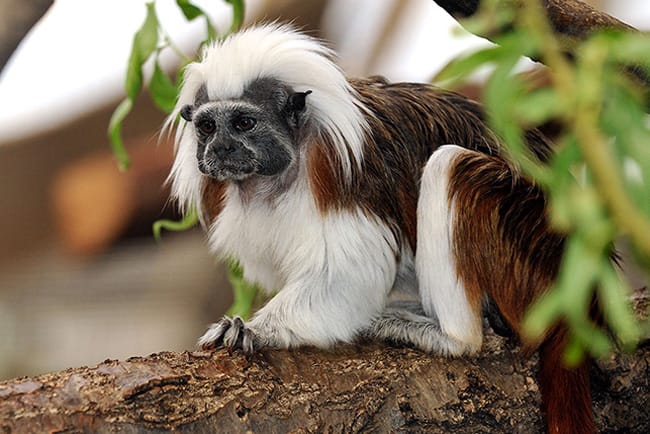
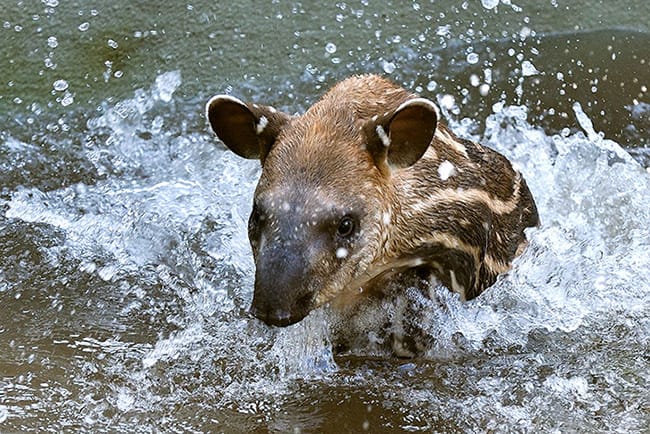
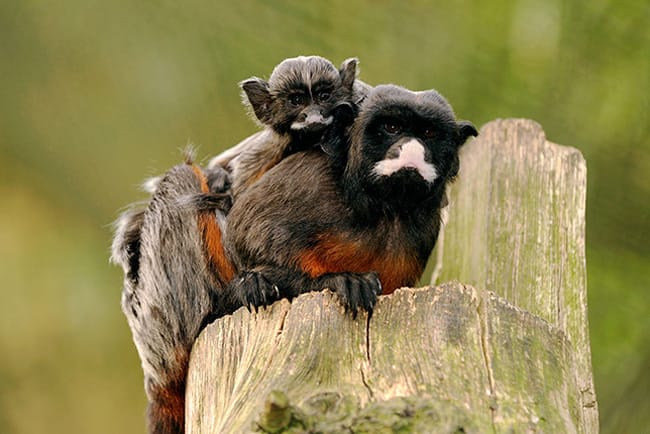
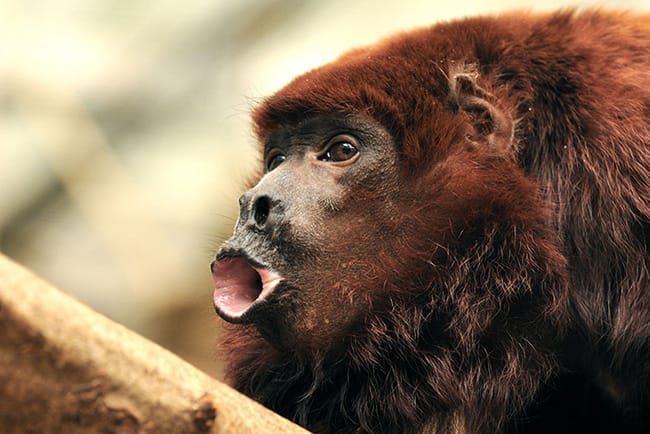
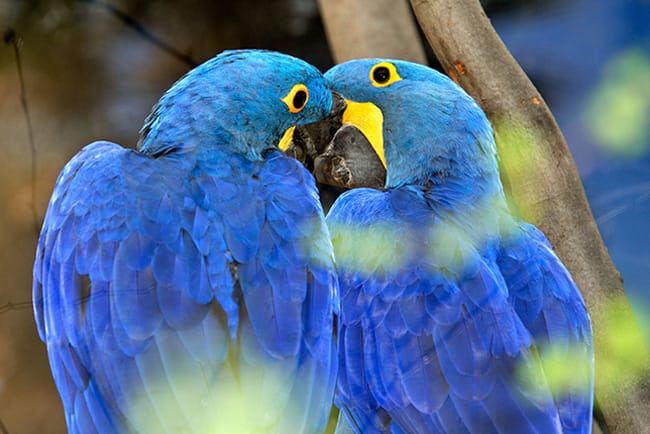
Meerkats live in well-organised communities with a clear division of labour as guardians, babysitters, builders or hunters. With a space of around 500 square metres, the Meerkat domicile in Cologne offers the lively little mammals great opportunities for digging, observing and playing.
Lots of room for action
Raccoons also pursue clever survival strategies. These omnivores, who have excellent climbing skills, use all levels of the well-structured facility in search of food such as buds, fruits, larvae and worms. They love grapes and blindly “feel” for them in their feeding boxes using only their sensitive front paws. A lot of action happens with the European otters around feeding times. If there are young animals around, you can watch their elaborate play where they develop the skills they need to live independently as adults.
AN OVERVIEW OF EVERYTHING
MEERKATS, OTTERS AND OTHERS.
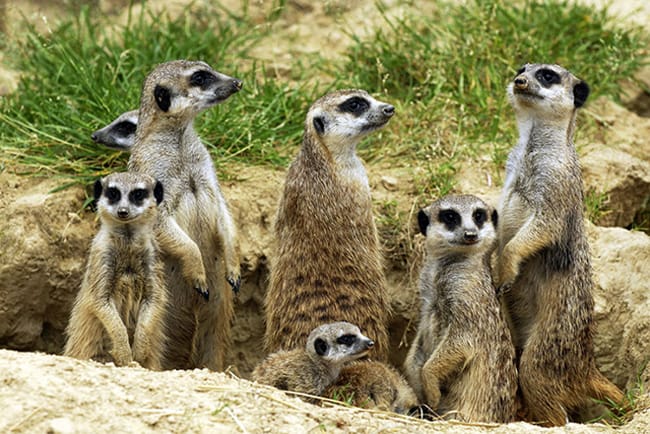
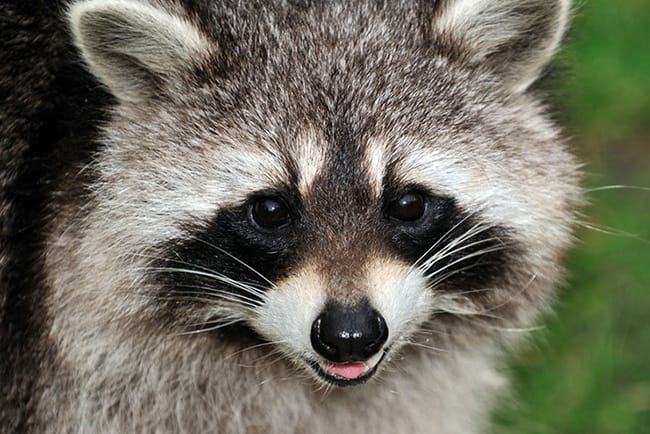
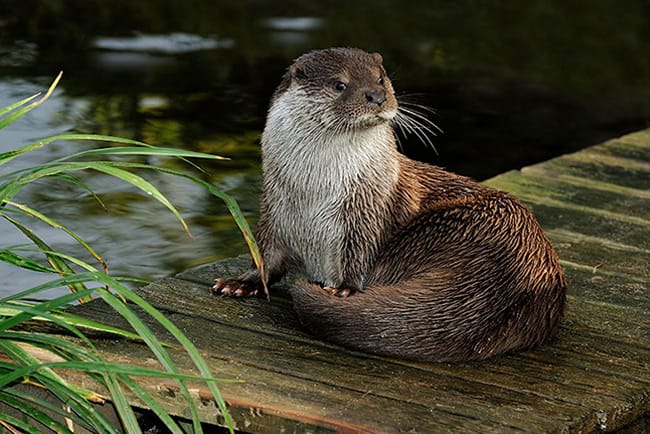
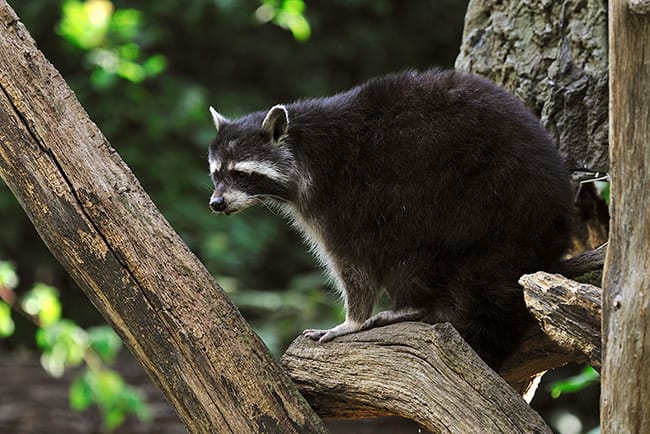
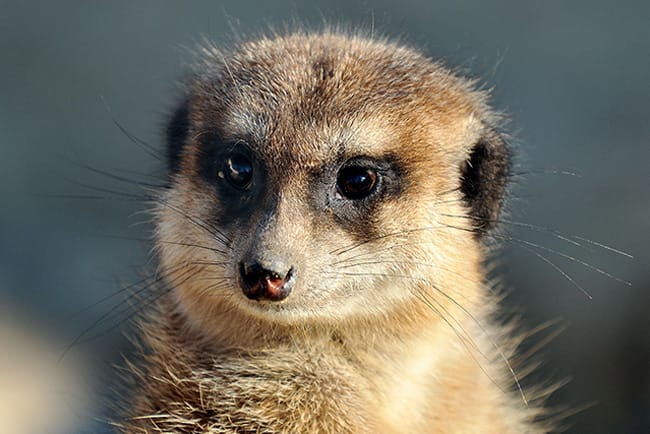
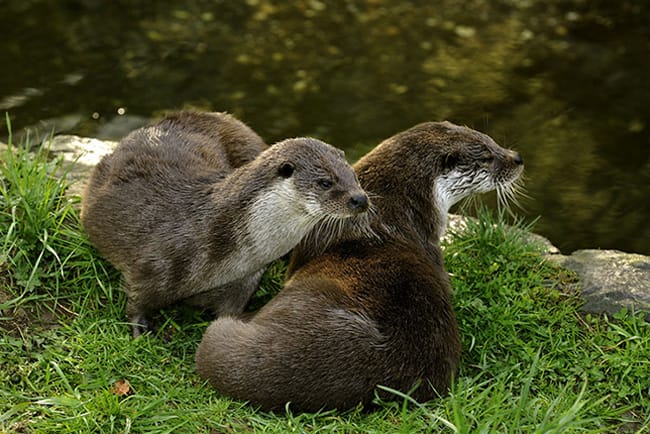
THE AIR SHOW
BIRDS OF PREY
Would you like to see spectacular enclosures where birds can fly freely, doing rapid manoeuvres at lofty heights? Then check out our Air Show.
With enormous wings
Our black kite “Milo” and our bald eagle “Paco” impress visitors with their wingspan and agility. Just remember to watch your head when these animals make their rounds.
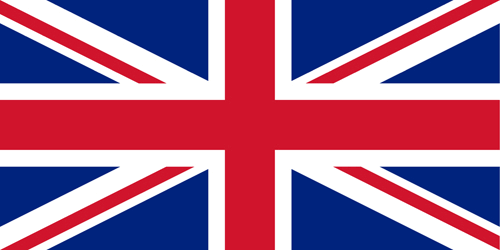 EN
EN  DE
DE 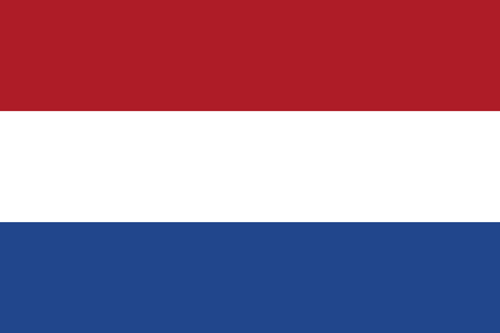 NL
NL 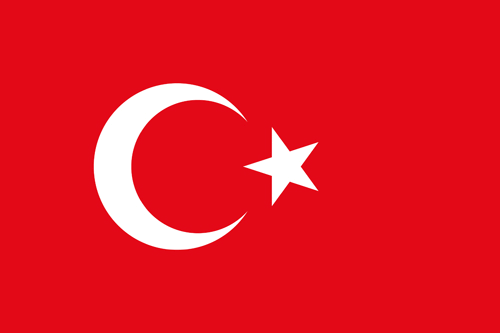 TR
TR 












